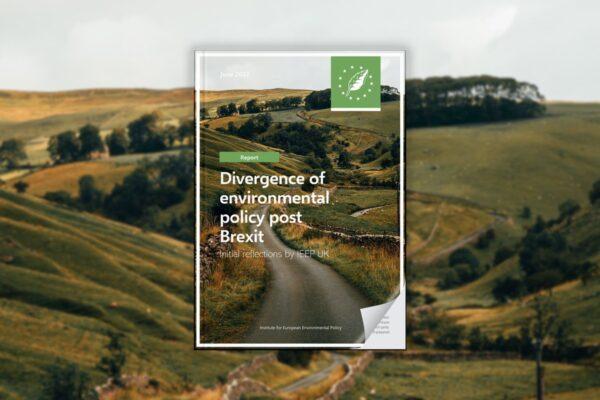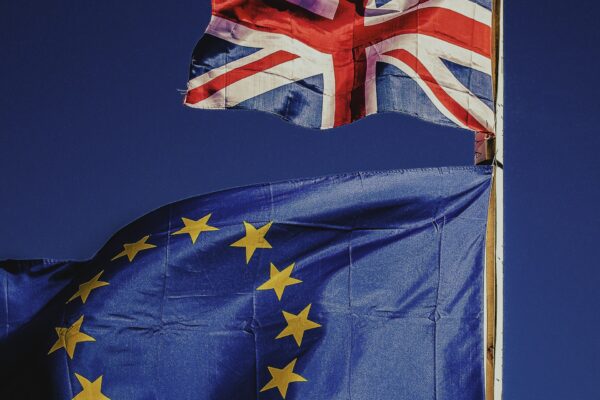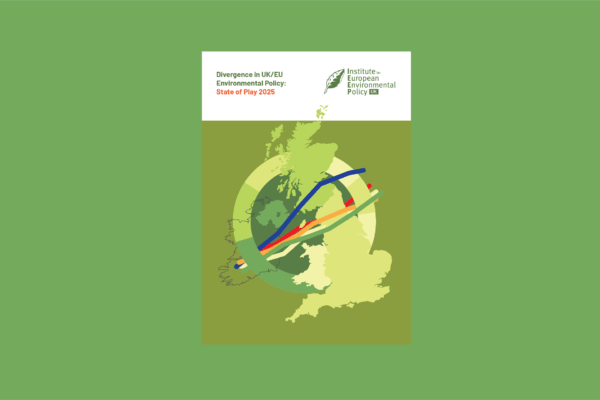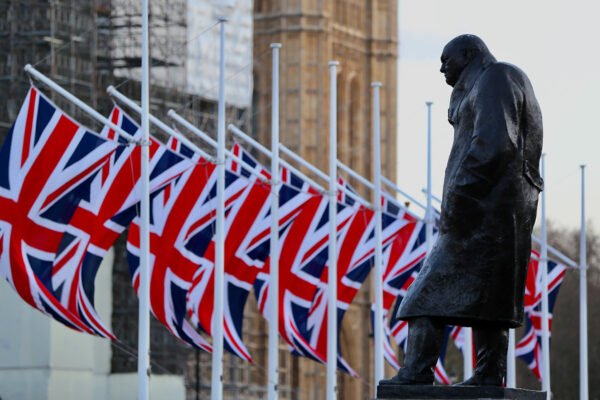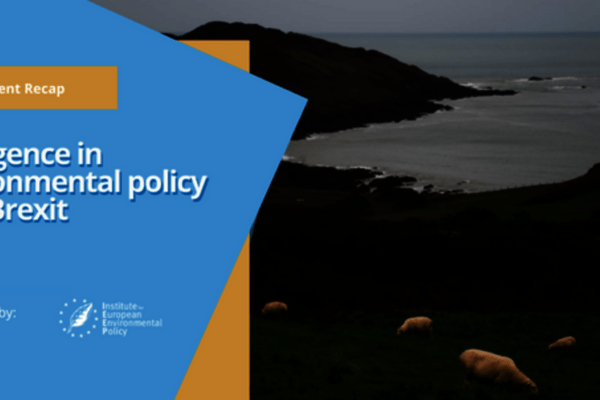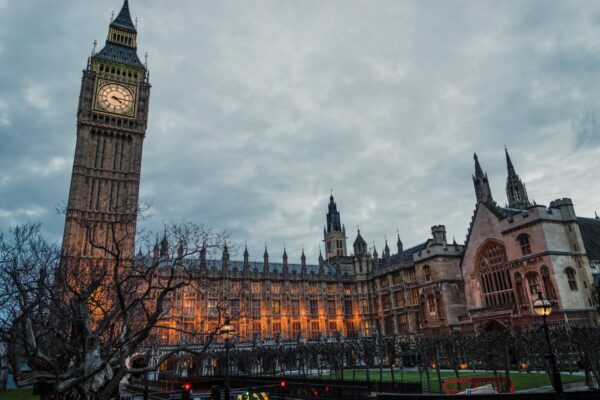Divergence in UK/EU Environment Policy:
Background Information
UK/EU Divergence since Brexit: An Introduction
It has now been more than five years since the United Kingdom left the European Union. For some, this provided the opportunity to deliberately move away or ‘diverge’ from environmental rules largely set by the EU – with the UK’s active involvement. Yet for better or worse, large-scale change driven by the and devolved administrations across all areas of environmental policy has not materialised. Rather, the EU has taken the rulebook that both the EU & UK shared up to 2020 and built on it. It has amended and revised that rulebook by tightening up and strengthening some of those environmental rules that we both once shared and created er new environmental laws. The UK has chosen, in large part, not to keep pace with the EU in improving and strengthening those environmental rules.
There are nuances and there is complexity in this picture, more so, five years after Brexit. But, in short, the UK has fallen behind.
Contrary to popular belief, however, the UK has not on the whole regressed from the levels of environmental protection that were in place in 2020. Some may be disappointed that the opportunity to deliberately diverge from EU environmental rules and reduce the levels of environmental protection below where they stood in 2020 have not been taken, perhaps with a view to create a Singapore-on-Thames style business environment with less red (or green)-tape. There have been and are still threats of regression, but this has not yet come to.
There is some cause for optimism for environment and climate policy in the UK too. Successive Westminster and devolved administrations have made some notable and commendable policy and legislative progress, most amply demonstrated by the closure of UK waters to sandeel fisheries in the North Sea. And while this has taken place, there has been a noticeable slowdown in the EU in implementing previously agreed rules and dampening down the high level of ambition in climate and environment policy particularly since the European Parliament elections in 2024. Indeed, de-regulatory drives, or ‘simplification’ initiatives which are currently in vogue in the EU, have also emerged in the UK.
The warming of UK-EU relations generally, from Prime Minster Sunak’s Government onwards and to the recent ‘UK-EU Reset’, has led to a distinctly more pragmatic and constructive conversation including around environment and climate policy. Serious discussion for example on the viability of dynamic alignment, or at the least a more pragmatic view that accepting a greater alignment in rules may be necessary for greater trade access, is a significant development. It is also a sign of a more realistic acceptance that a strong middling geo-political power on the edge of the European landmass and a large economic, trading bloc will need to work together to secure a more prosperous and shared environment.
IEEP UK publishes an annual report tracking the latest developments on UK/EU policy divergence on environmental matters. The latest version of this report was published in July 2025, and can be accessed here.


